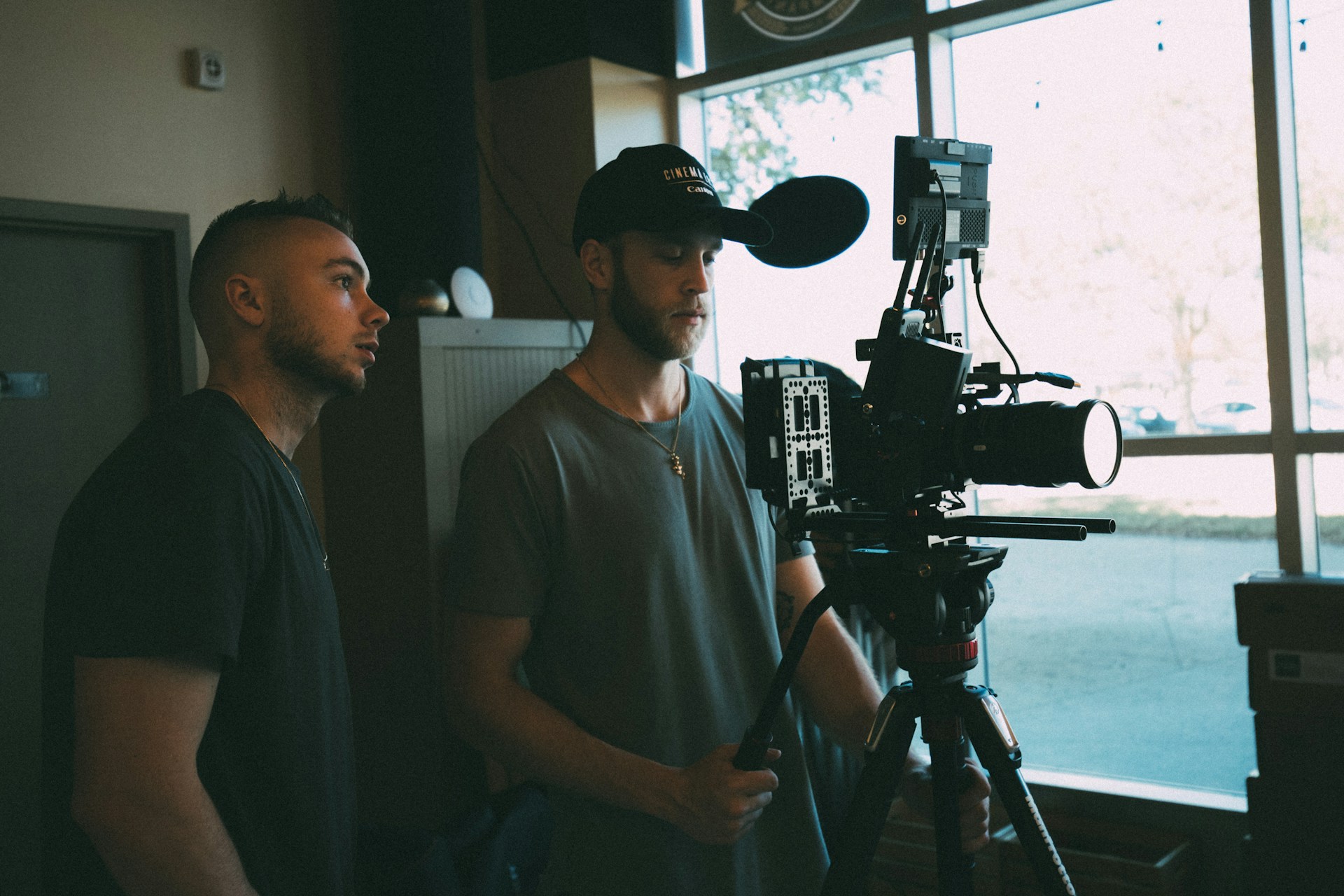Guiding Vision: The Documentary Producer's Role

Documentaries have a special purpose. They come from the vision and aspiration of a filmmaker. It's about a story that the filmmaker cannot let go, something that needs to be told. But documentaries also carry a unique responsibility - they often involve real people's lives and experiences, adding an ethical dimension beyond the filmmaker's artistic vision.
The role of a producer and distributor is to serve that vision, but also to challenge it when necessary. It's very important to balance the role and importance of the role for each. Films have this particularity. They are not just another product. They are meant to bring something, in a way intangible, to the viewer. A feel, an experience, thoughts and ideas, a different way to look at the world and others, and eventually a different way to look at oneself. It's not just another commodity.
In a world where money comes first, it's important to tilt the balance towards meaning, and purpose. The business side should serve the creative aspiration of the filmmaker.
The agency problem is that for the producer/distributor the objective is to maximize profit. Sometimes at the expense of the creative vision. And that is a critical mistake.
Without money, there is no film. Without distribution, there is no audience and the film dies. But without the film nothing exists.
My role as a producer is to protect the creative freedom of the filmmaker while also providing the productive friction that serves the story best. This might mean challenging choices that don't serve the narrative or the people within it. Documentaries span a wide spectrum - from deeply personal artistic statements to educational pieces to advocacy films - and each requires different approaches to balancing vision with responsibility.
It's always a question of choice. And the creative choices have an impact on the potential audience size. And the audience size also have an impact on the film budget, so that a certain cohesion exists. Alternative funding through grants and philanthropy often comes with its own creative imperatives and social missions - these funders have vision too, and their support can align with and strengthen the filmmaker's goals when the match is right.
Making a meaningful film, stewarding the vision while navigating the complex ecosystem of stakeholders - filmmaker, subjects, audience, and funders - is challenging work. But that complexity is what makes it worthwhile to pursue with integrity. It's a responsibility that extends beyond just filmmaker and audience to everyone whose story becomes part of the film.

